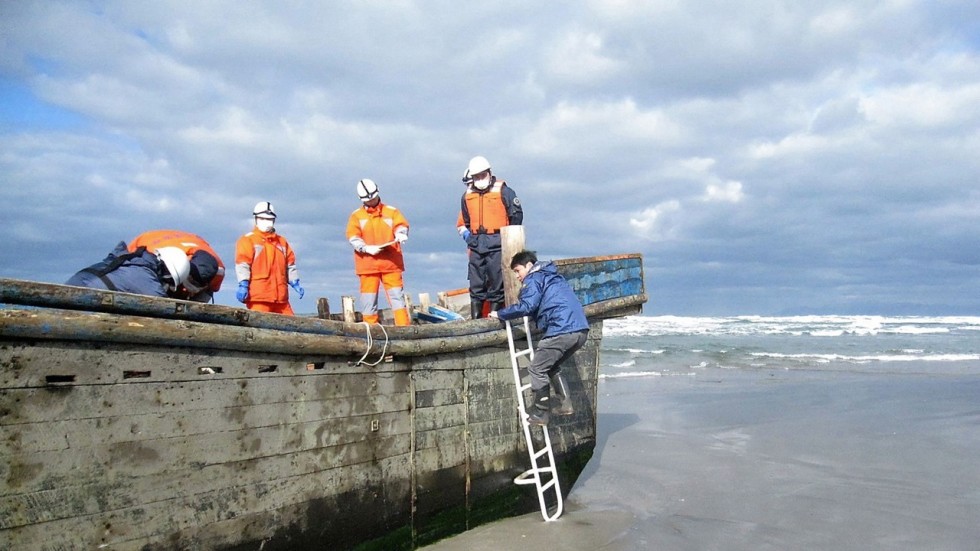China’s refusal to accept American recycling could lead to a drastic change in consumer habits. Perhaps we will finally have a discussion about our throwaway society.
For decades, we were sending the bulk of our recycling to China—tons and tons of it, sent over on ships to be made into goods such as shoes and bags and new plastic products. But last year, the country restricted imports of certain recyclables, including mixed paper—magazines, office paper, junk mail—and most plastics. Waste-management companies across the country are telling towns, cities, and counties that there is no longer a market for their recycling. These municipalities have two choices: pay much higher rates to get rid of recycling, or throw it all away.
Source: What Happens Now That China Won’t Take U.S. Recycling – The Atlantic





